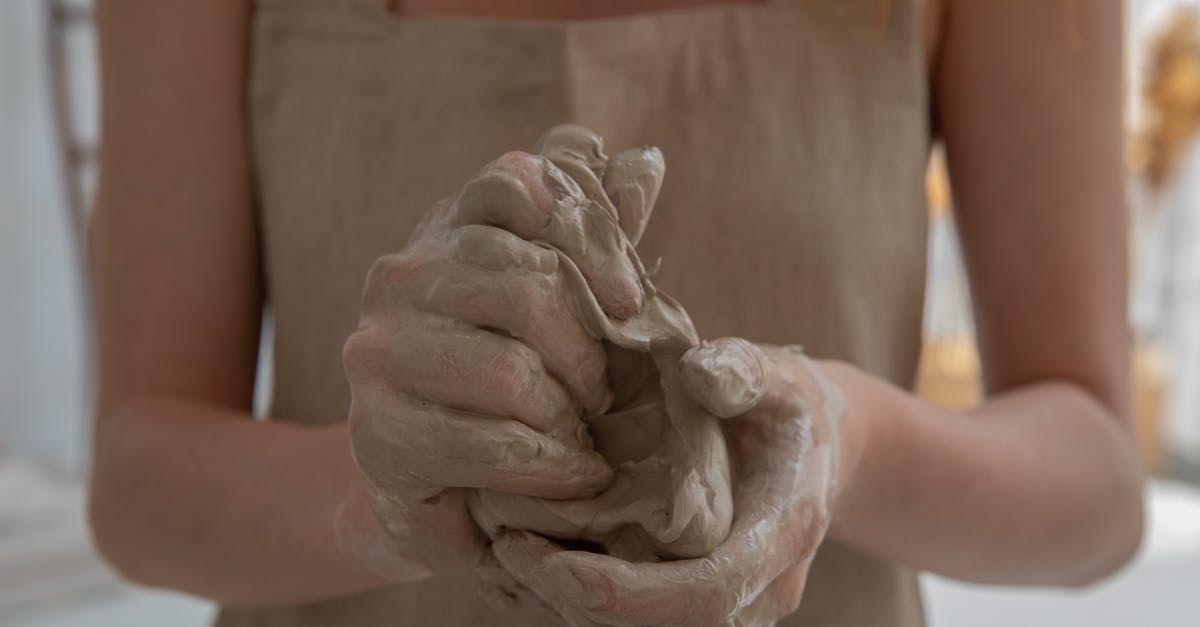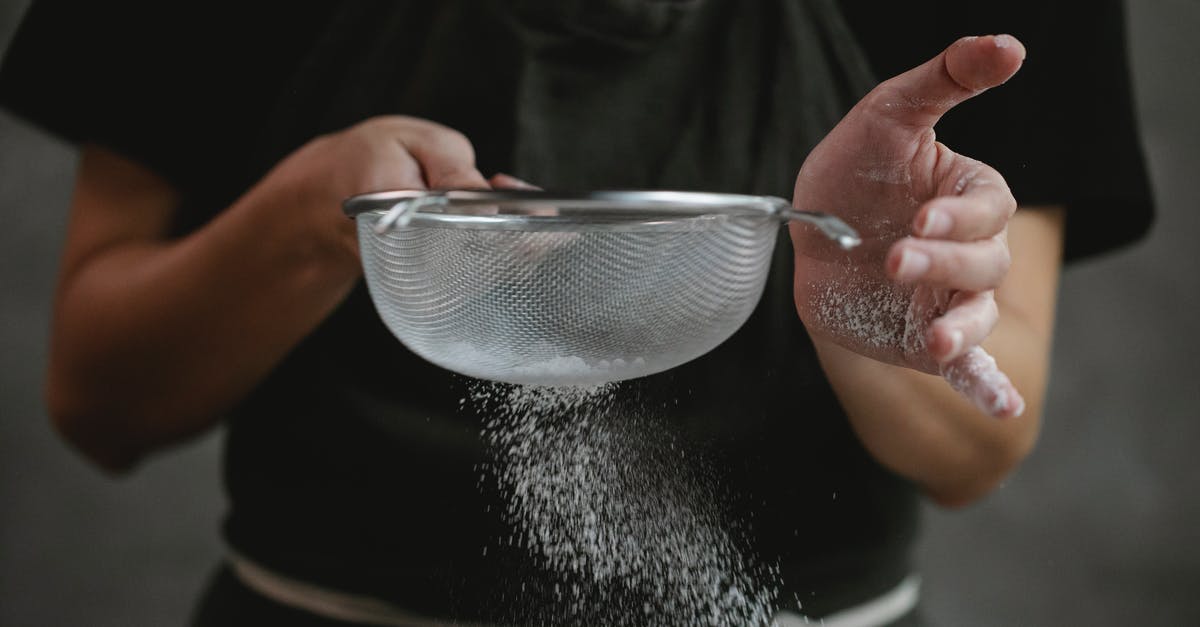12-hour fermentation makes dough wetter

After bulk fermentation of my dough for 12 hours, I find that the dough is too wet or sticky. Should I bulk ferment for a shorter period of time, and retard it in the refrigerator?
I'm currently baking cinnamon bread with nuts. The recipe is 600g bread flour, 200g warm water, 200g warm milk, 150 grams chopped unroasted walnut or pecan nuts. 2 tsp active dry yeast, 10g salt, 30g sugar.
After combining the above ingredients, the dough looks and feels perfect and taut. I leave it to bulk-ferment overnight (not "overday") in room temps of 29-30 C.
Here's the problem: After bulk fermentation, the dough is slightly wetter and thus too sticky. I could knead it for 15 minutes, and still wouldn't come-together. During the final proofing, it would spread towards the edges of my loaf pan, but wouldn't rise above the rim. In spite of scoring it 4 times and spraying it with water every 10 minutes inside the oven, the bottom still cooks much later and slightly dislodges the crust that set much earlier.
Best Answer
You are overproofing your dough. 2 teaspoons dry yeast, 600g flour and a warm rest of twelve hours sounds like a recipe for disaster to me - not to mention that half of the liquid is milk, which would warrant a closer look into food safety topics as well.
Also, any extended kneading (if used) is usually prior to bulk fermentation, possibly with an autolyse step before adding yeast, but not after a bulk rise. You might choose to "punch down" your dough depending on your desired crumb structure, but kneading renders the previous bulk fermentation moot.
Taking your recipe and environement into account, I would expect your first rise (= double volume) to be complete in under an hour. It seems that due to enzymatic and yeast activity your dough lost its internal structure and the gluten network started to break down. The fact that your dough tends to flow outward, not rise up is another indicator. You can slash and steam as much as you like, once the gluten network broke and the yeast is exhausted, an overprooved dough will not yield good results.
For cold fermentation in the refrigerator the rule of thumb is 1-2% fresh (cake) yeast / 0.33 - 0.66% dry yeast, based on flour weight. For your 600g, that means between 2 and 4 g (or between a generous 1/2 to 1 teaspoon). Use cold ingredients and rest for 8-24 hours. The shorter you want to rest, the higher the yeast ratio, obviously.
Pictures about "12-hour fermentation makes dough wetter"



Why is my dough so wet after proofing?
Temperature Too Warm If your kitchen is too warm, the dough can become a sloppy, wet mess. High temperatures can cause premature over fermentation, which will result in wet, sticky sourdough. You need to make sure that you keep your kitchen at a temperature between 24C - 28C (75F-82F).Why is my dough so watery?
Why is My Dough Runny? Kind of like how crumbly dough is usually because there's too much of the dry ingredients, runny cookie dough comes from having too much of the liquid ingredients.Why is my dough wet and sticky?
Why is my dough so sticky? Your dough can become sticky when you add too much water or the flour isn't suitable for the type of dough you are making. Over proofing or fermenting the dough can also result in the gluten structure weakening causing sticky dough.Why is my dough sticky after bulk fermentation?
When the bulk fermentation goes too long \u2014 often when the dough more than doubles or triples in volume \u2014 the dough can over ferment. You know the dough has over fermented if, when you turn it out to shape it, it is very slack \u2014 if it's like a wet puddle \u2014 and very sticky and lacking any strength and elasticity.Pizza Napoletana DOUGH TUTORIAL hand made, 24h Fermentation
More answers regarding 12-hour fermentation makes dough wetter
Answer 2
400g liquids to 600g flour means a hydration of 67%, which is rather high. Not too high by any means, but high enough that the dough will inevitably be rather sticky. But the main culprit is what Stephie indicated - letting the dough rise for 12 hours in such a warm environment (30°C) is much more than necessary, and will result in the gluten starting to degrade. What I would do is to mix together the dough, and let it rise for a short while to get the yeast started, and leaving it in the fridge overnight. Next morning, just form into the desired shape, and let it rise once more on the oven pan.
(Thanks @Stephie, for pointing out that a whole hour at such a high temperature is too much. I normally leave it for about an hour, but I don't have 30°C in my kitchen.)
Sources: Stack Exchange - This article follows the attribution requirements of Stack Exchange and is licensed under CC BY-SA 3.0.
Images: Monstera, Monstera, Klaus Nielsen, Klaus Nielsen
